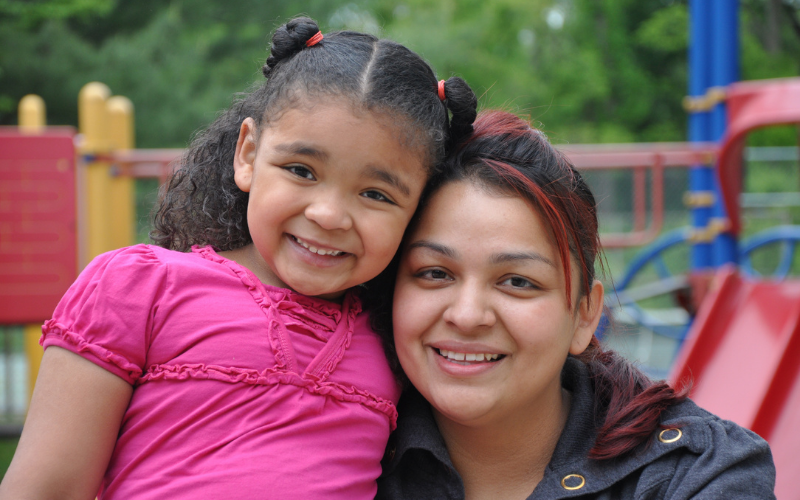
The perception that mothers are more likely to receive custody of children than fathers is a topic of considerable discussion in family law. Several factors contribute to this trend, ranging from traditional roles and legal precedents to evolving societal norms. Understanding these reasons can provide deeper insight into the dynamics of child custody decisions in the legal system.
Historical and Societal Norms
Traditionally, mothers have been viewed as the primary caregivers, especially for younger children. This perception stems from historical norms where women were expected to stay home and care for the children while men provided financially for the family. These traditional roles have influenced custody decisions in family courts, where judges often presumed that children would be better cared for by their mothers, especially in the case of young children.
The “Tender Years” Doctrine
This now-outdated legal principle held that during their “tender years” (typically considered to be younger than age 4), children would benefit more from maternal care. Although this doctrine has been abolished in most jurisdictions due to its discriminatory nature against fathers, its remnants may still influence the thinking of some judges and the outcomes of custody battles.
Judicial Bias and Gender Roles
Despite advancements in gender equality, some level of bias may still exist in the courts, consciously or subconsciously reflecting traditional gender roles. Fathers often have to overcome stereotypes that depict them as less capable of providing the day-to-day care needed by children.
More Frequent Petitioning by Mothers
Statistically, mothers are more likely to petition for sole custody than fathers. This could be influenced by the historical roles mentioned earlier, where mothers feel a stronger entitlement or duty to take on the primary caregiving role, or it might reflect an assessment of their chances of success based on past precedent.
Economic Factors
Economic stability plays a crucial role in custody decisions. Mothers who are primary caregivers often have structured their careers in a way that is more flexible or localized around the home. Fathers, conversely, might have work obligations that involve travel or less flexible hours, which can influence a court’s decision about the best environment for the child’s stability and daily care.
Changes in Legal Standards
The legal standard for deciding custody issues is the best interest of the child. Modern interpretations aim to be gender-neutral, focusing on which parent is better suited to meet the child’s needs, including emotional support, stability, schooling, and community life. As courts increasingly recognize the benefits of co-parenting and shared custody, the trend of mothers receiving custody preferentially is slowly changing.
Father’s Rights Movements
There has been a growing awareness and advocacy for fathers’ rights, emphasizing that fathers are equally capable of providing nurturing, effective parenting. This movement has helped shift some legal perspectives and has encouraged more fathers to seek custody, challenging the traditional biases and encouraging a more equitable approach in custody cases.
While mothers historically have been more likely to receive custody, this trend is influenced by a mix of historical roles, judicial biases, societal expectations, and the more frequent pursuit of custody by mothers themselves. As family dynamics and societal norms evolve, the legal system continues to move toward a more balanced approach that recognizes the capabilities of both parents to provide for their children’s best interests. Fathers are increasingly seen as vital caregivers, and the legal system is adapting to reflect these changes, promoting a fairer, more equitable approach to child custody. Reach out to the child custody lawyers at Warnock Family Law to get help navigating the child custody process.


